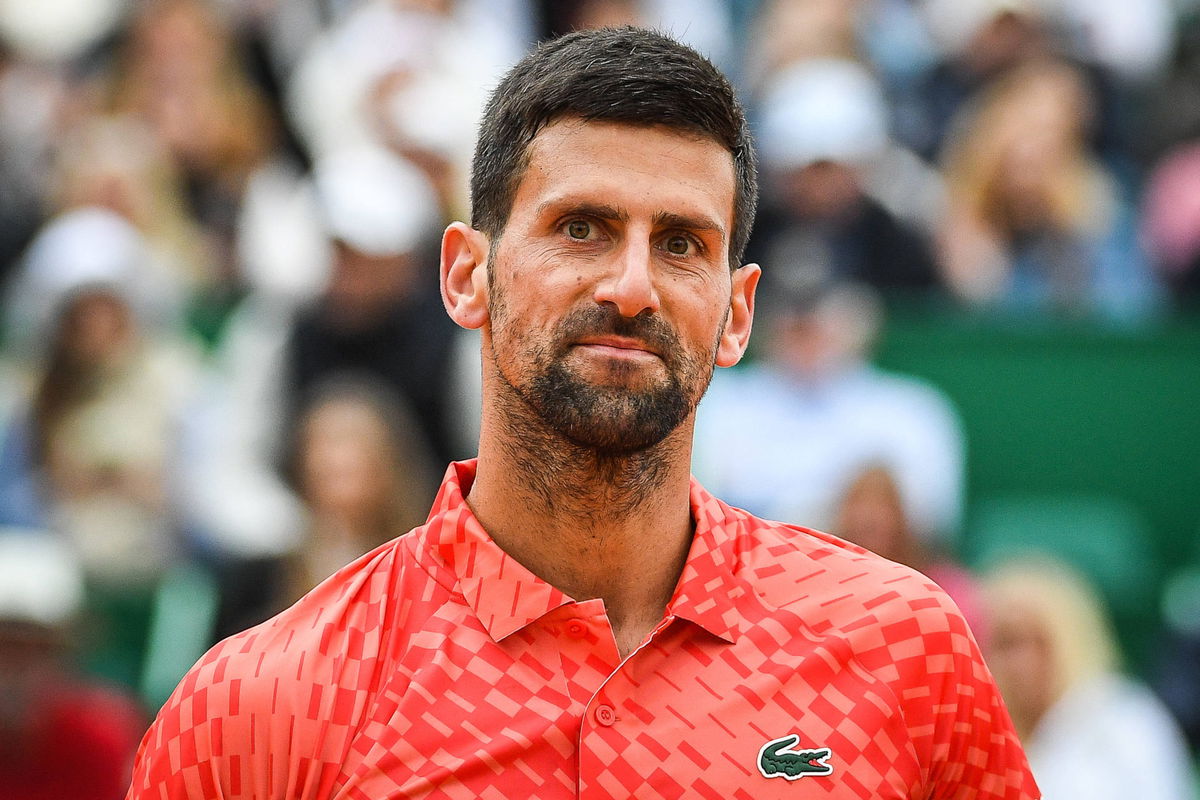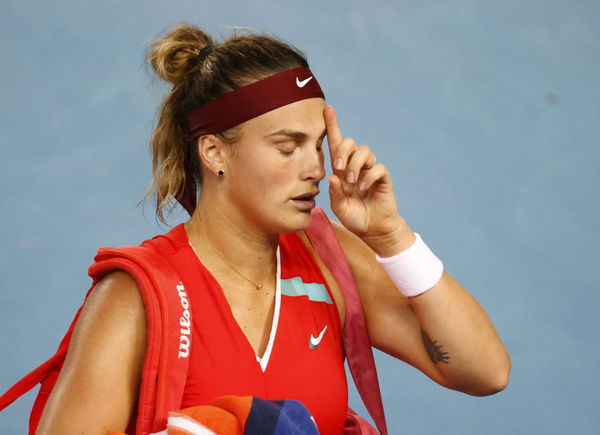
Imago
Image Credits: Imago

Imago
Image Credits: Imago
It is a well-known fact that the Serbian tennis legend Novak Djokovic is one of the most popular athletes in the world. But, when it comes to the likes of his archrivals, Federer and Nadal, his popularity, particularly in the realm of tennis, pales in comparison. Despite his stellar performances, many tennis enthusiasts always believed that some fans feel a little uneasy about him. Somewhat similar is the case of the Belarussian tennis beauty, Aryna Sabalenka. Like the ‘Djoker’, Sabalenka too is popular. But again, there is the same unease among some fans about her. In a recent research conducted by WSN, both the stars were on the top of a list that echoed this fact.
Watch What’s Trending Now!
Besides Novak Djokovic and Sabalenka, who else is there?
As far as the Australian Open champion is concerned, negative responses amount to 15 percent on her Twitter posts. According to World Sports Network,
reported by FirstSportz, Sabalenka receives five percent angry reactions on her Facebook account. It is the same case with the ‘Djoker’. Despite having battled legends like Rafael Nadal and Roger Federer, Djokovic always found himself at the receiving end of some online hate. Though the Serbian star has learned to deal with it, the younger players may find it difficult.
Reuters
Tennis – Australian Open – Melbourne Park, Melbourne, Australia – January 24, 2022 Belarus’ Aryna Sabalenka walks off court after losing her fourth round match against Estonia’s Kaia Kanepi REUTERS/Asanka Brendon Ratnayake
Elena Rybakina and Caroline Garcia occupy the second spot. Both of them receive ten percent of social media hatred. The World No.1
Iga Swiatek follows them with 7 percent. The American tennis sensation Coco Gauff was in fifth place with five percent hate reactions to her posts.A firewall against online hatred in France
Roger Federer had said sometime back that players need to shut their eyes and ears to social media. Especially when you are growing up as a star and almost the entire planet is screaming in your ears. WSN found out that WTA players receive an average of 8.6 percent negative reaction. Number is slightly less for the ATP players at 8.3 percent. To combat this growing problem, French Open organisers have turned to an AI moderator. Organisers are taking these steps for the emotional health of the players. They do it by filtering out messages that contain elements of racism, bullying and verbal abuse. Read More: Novak Djokovic Shares Wisdom on Health Amidst Coronavirus Pandemic Will the measures by the French Open authorities to control hatred expressed in social media add to the players’ confidence in the French Open? Watch this Story: 11 Months After the Unexpected Split With Serena Williams, Famous Tennis Coach Patrick Mouratoglou Validates Her Skill in a Discussion That’s Usually Dominated by Roger FedererADVERTISEMENT
ADVERTISEMENT
ADVERTISEMENT
ADVERTISEMENT

